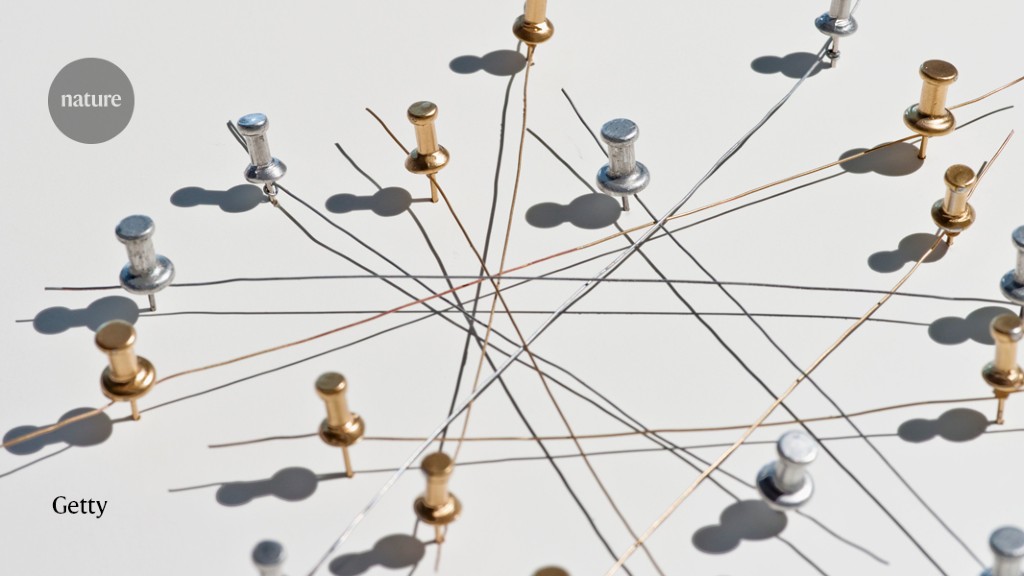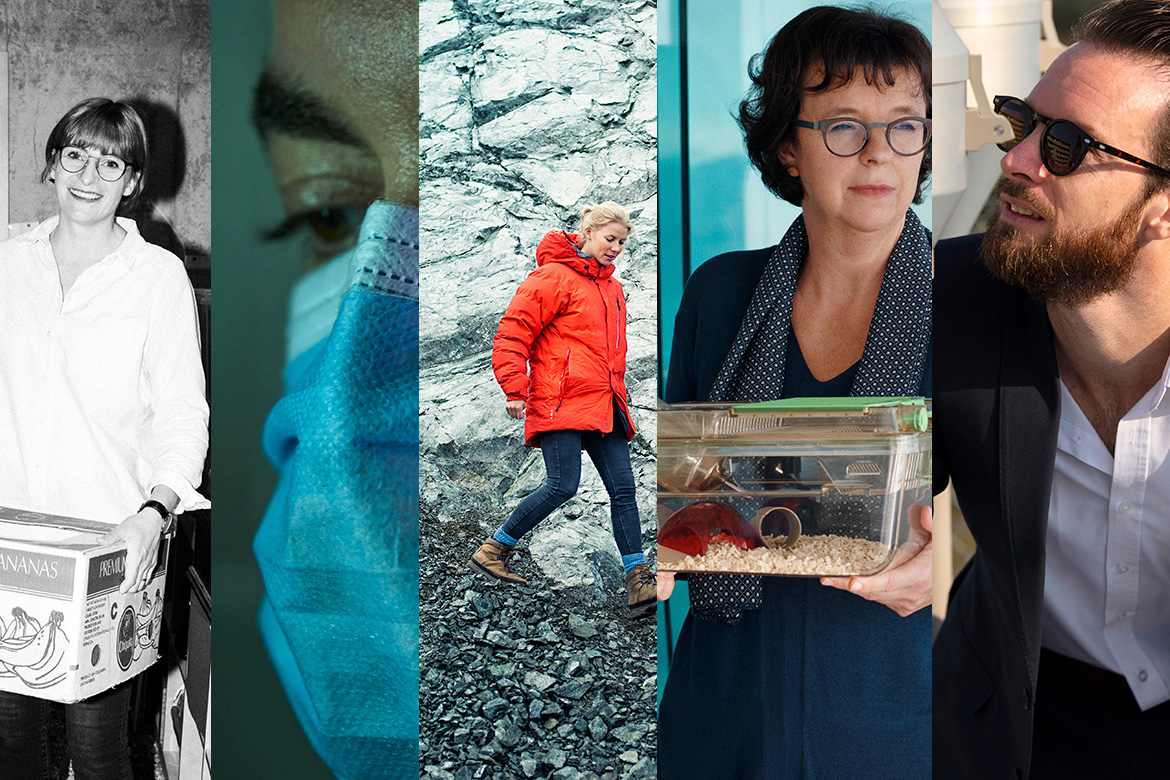Send us a link
Science Ministers Commit to Improving Research Careers in Europe
EU research ministers on Friday committed to enhance the attractiveness of research careers and improve brain circulation in Europe, and are calling on member states and the European Commission to take a common approach. That will include setting up an EU system to track mobility of talent, assess working conditions and promote gender and intergenerational equality.
Dear Academia: If You Want Social Justice, Start by Paying Your Adjunct Instructors a Living Wage
Dear Academia: If You Want Social Justice, Start by Paying Your Adjunct Instructors a Living Wage
Spare a Thought for Longitudinal Diversity
The shift to virtual conferences needs to be accompanied by a sensitivity to people in different time zones.

Don't Let COVID Stop Your Fieldwork: Three Tips for Successful Collaborations
During a pandemic, more researchers might require support from colleagues and depend on those partnerships to collect the data they need to keep their labs operational. The article presents guidelines for collaborations.
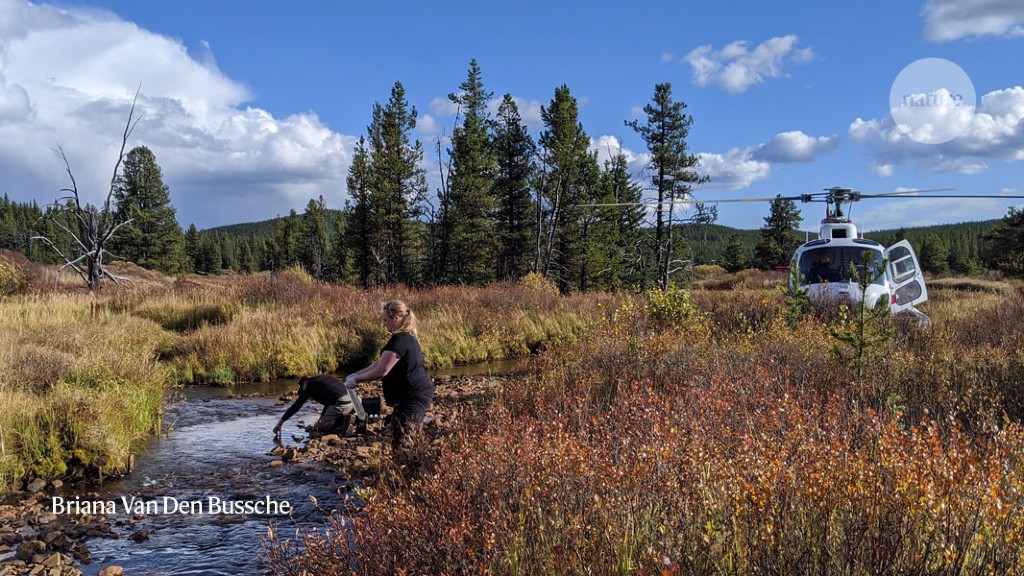
Molecular Biophysics and Biochemistry is Radically Changing How We Search for New Colleagues
Molecular Biophysics and Biochemistry is Radically Changing How We Search for New Colleagues
This year, candidates for tenure-track Assistant Professor positions in MB&B will be asked to submit anonymized applications—no names of people, places, funding agencies or journals.
Transnational Mobility Networks and Academic Social Capital Among Early‐Career Academics: Beyond Common‐Sense Assumptions
Transnational Mobility Networks and Academic Social Capital Among Early‐Career Academics: Beyond Common‐Sense Assumptions
This study examines the composition of academics’ networks at different points in their career and discuss the role of transnational ties within them.
Pandemic Imperils Promotions for Women in Academia
Even as faculty members are given more time to meet a deadline for tenure, many say they are getting less work done because of child care needs.

How Universities Are Crushing Academics
Exhibiting a dogmatic faith in metrics, higher education executives are being guided less by rational considerations about educational values and more by the "snake oils" of efficiency, profitability, and accountability. But these dark arts exact a price. Due to increasing competition for funds and jobs, and with the jobs themselves becoming increasingly precarious, universities have become "anxiety machines" for academics.

'Humanities Graduates Are Just As Employable': Do the Sciences Really Lead to More Jobs?
'Humanities Graduates Are Just As Employable': Do the Sciences Really Lead to More Jobs?
The UK government wants more students to study science subjects - but employers want humanities graduates too.

Higher Education in the UK is Morally Bankrupt. I'm Taking My Research Millions and I'm off
Higher Education in the UK is Morally Bankrupt. I'm Taking My Research Millions and I'm off
After 25 years I feel Britain has broken my trust. I'm one of many academics who now see their future in Europe

More Better Science | Clothing the Emperor
More Better Science | Clothing the Emperor
This blog calls for a better scientific quality by pointing to the shortcomings in academia.
Streamline Your Writing - and Collaborations - with These Reference Managers
A suite of tools can help researchers to manage citations for grants and papers, and share those references with colleagues.

Webinar: Advancing Your Science Policy Career
Scientists and engineers are in a unique position to influence science policy through their technical expertise. Strong communication skills are essential to bridging the gap between science and society. Register for the Webinar by September 9th.
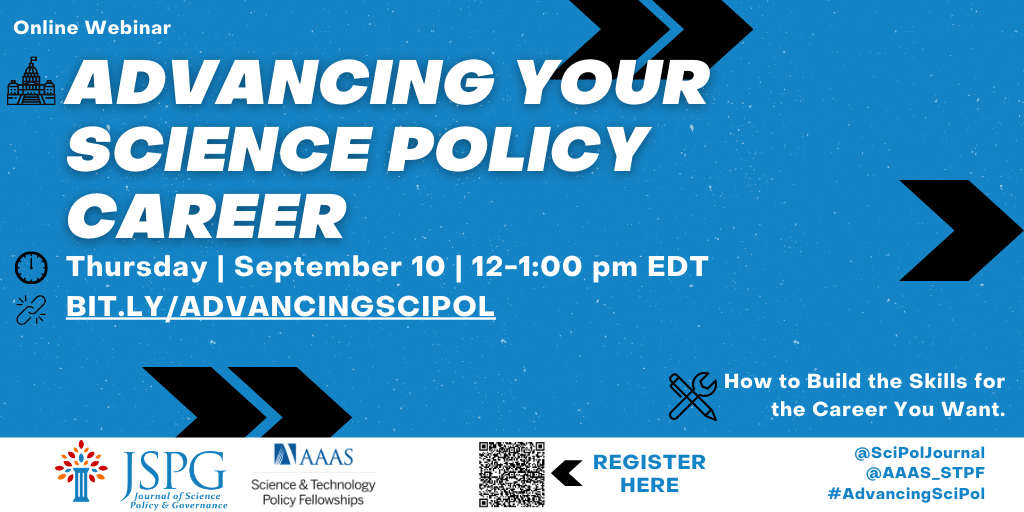
Cross-Disciplinary Collaboration and Scholarly Independence in Multidisciplinary Learning Environments at Doctoral Level and Beyond
Cross-Disciplinary Collaboration and Scholarly Independence in Multidisciplinary Learning Environments at Doctoral Level and Beyond
The aim of this study is to investigate how patterns of collaboration and scholarly independence are related to early stage researchers' development in two multidisciplinary learning environments at a Swedish university. .
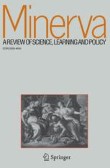
Fifteen to One: How Many Applications It Can Take to Land a Single Academic Job Offer
Survey finds that standard metrics of success can't completely explain why some candidates get offers and others don't.

Start a Family, Don't Stop Research
Taking time out to have a child should not mean derailing a research career, says Adrienne Hopkins, lead author of LERU's new paper on family leave.
Study: Concept of Faculty Fit in Hiring is Vague and Potentially Detrimental to Diversity Efforts
Study: Concept of Faculty Fit in Hiring is Vague and Potentially Detrimental to Diversity Efforts
Study finds the concept of faculty fit in hiring is vague and potentially detrimental to diversity efforts.
Why Scientists with Children Who Have Disabilities Need a Different Career Trajectory
Why Scientists with Children Who Have Disabilities Need a Different Career Trajectory
As lockdowns ease, Olivier Pourret hopes that academia will take on board lessons about how to redefine career success.

How to Get Away from Work Mode During the Coronavirus Lockdown
If your lab is still shuttered and work is a struggle, technology researcher Sun Sun Lim offers advice on how to switch off.

A Webinar Series from Nature Careers to Help Scientists During the Coronavirus Pandemic
Panellists offer advice on productivity, parenting under lockdown and mental well-being, with more webcasts planned.
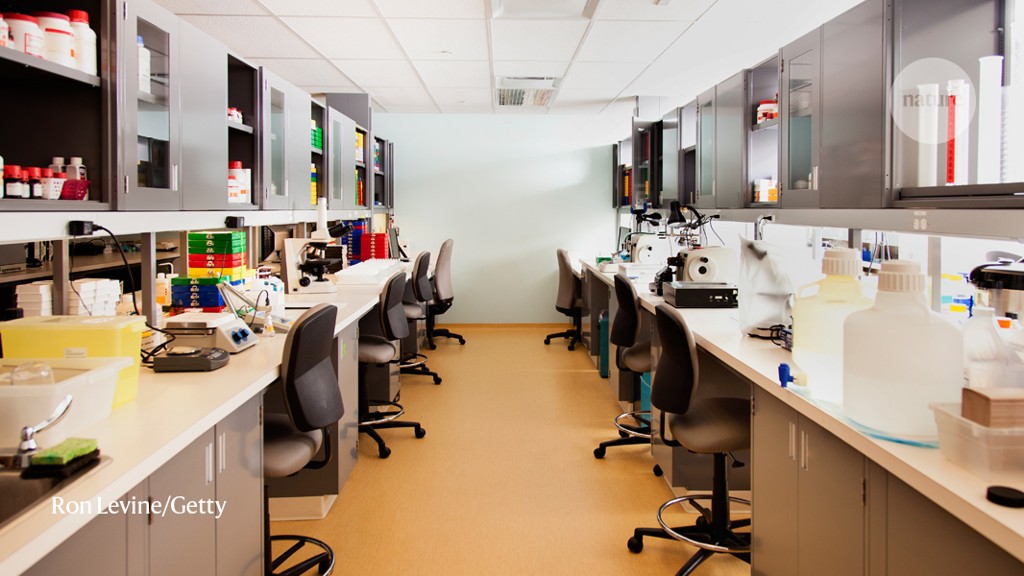
There Should Never Be Heroes in Science
Some scientists make their careers by criticising other's research. But who watches the watchmen?



